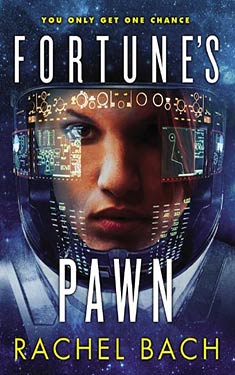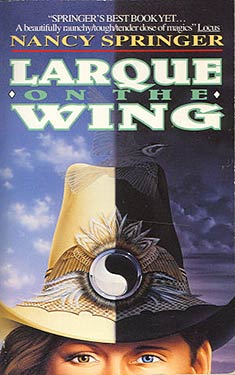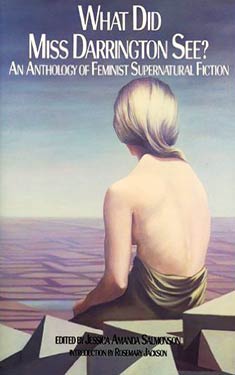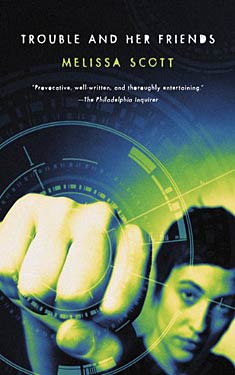Rachel Bach
Completed 11/26/2016 Reviewed 11/28/2016
4 stars
I was really surprised by this book. It’s space opera and I enjoyed it. As my followers know, I generally don’t like
space opera, but I seem to be warming up to it.
I think it depends on the book.
This one has a pretty good in-your-face kick-ass female main character
and a good beginning. Oh yeah, and I
need to mention it’s the first book of a trilogy. It’s a pick from my book club. I usually don’t like reading books from
series for book club because then I often feel the compulsion to read all of
it. But this one was so fun, I just
might.
 The book follows the adventures of Devi Morris, a mercenary
who has risen high in her career. Her
goal is to get into the King’s elite corps, the Devastators. You can’t join the Devastators, you have to
be chosen. A great way to get noticed is
to get a security job on the Glorious Fool, a trade ship that gets into trouble
so often that a one year stint on it is equivalent to five years anywhere
else. She takes the job and of course
trouble ensues.
The book follows the adventures of Devi Morris, a mercenary
who has risen high in her career. Her
goal is to get into the King’s elite corps, the Devastators. You can’t join the Devastators, you have to
be chosen. A great way to get noticed is
to get a security job on the Glorious Fool, a trade ship that gets into trouble
so often that a one year stint on it is equivalent to five years anywhere
else. She takes the job and of course
trouble ensues.
Devi is a great character.
Her narrative is told well in first person. I really got into her character with the
narration. I could understand her drive
for perfection in her job, as well as her distraction by the handsome Rupert. The same way she goes after her career, she
goes after her men. It was hilarious and
heartbreaking. I’m not positive, but I
think this book passes the Bechdel test:
Devi converses with another female character and it’s not about men,
which is so interesting to me because so much of the book is about her chasing
a man.
The plot is fun, it’s basic space opera, although being the
first third of a trilogy, it doesn’t get too far into all the subplots. The book is basically about Devi getting used
to the motley crew of the Glorious Fool, her obsession with Rupert, and the
introduction of the aliens of the universe.
Three of the four races are on the ship.
One is not, but we meet them farther in.
There’s an invisible monster that Devi has to fight and a mysterious
monster that seems to be helpful and powerful.
They’re all pretty cool.
This book gets an
easy four stars. It’s fun, it’s an easy
read, and it was the sort of fluff I needed after a couple of good but heavier
books. As I started out this review, I
may just follow up and read the rest of the trilogy. The conspiracy plot was just beginning at the
end of this book and I didn’t find it tedious the way I often find conspiracy
and politics in space opera to be tedious.
Instead it set me up to want to finish the trilogy. So surprise…I enjoyed a space opera and
highly recommend it.


